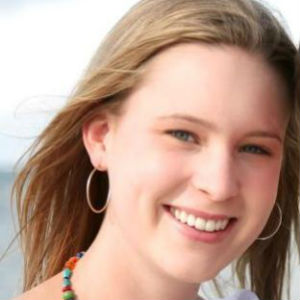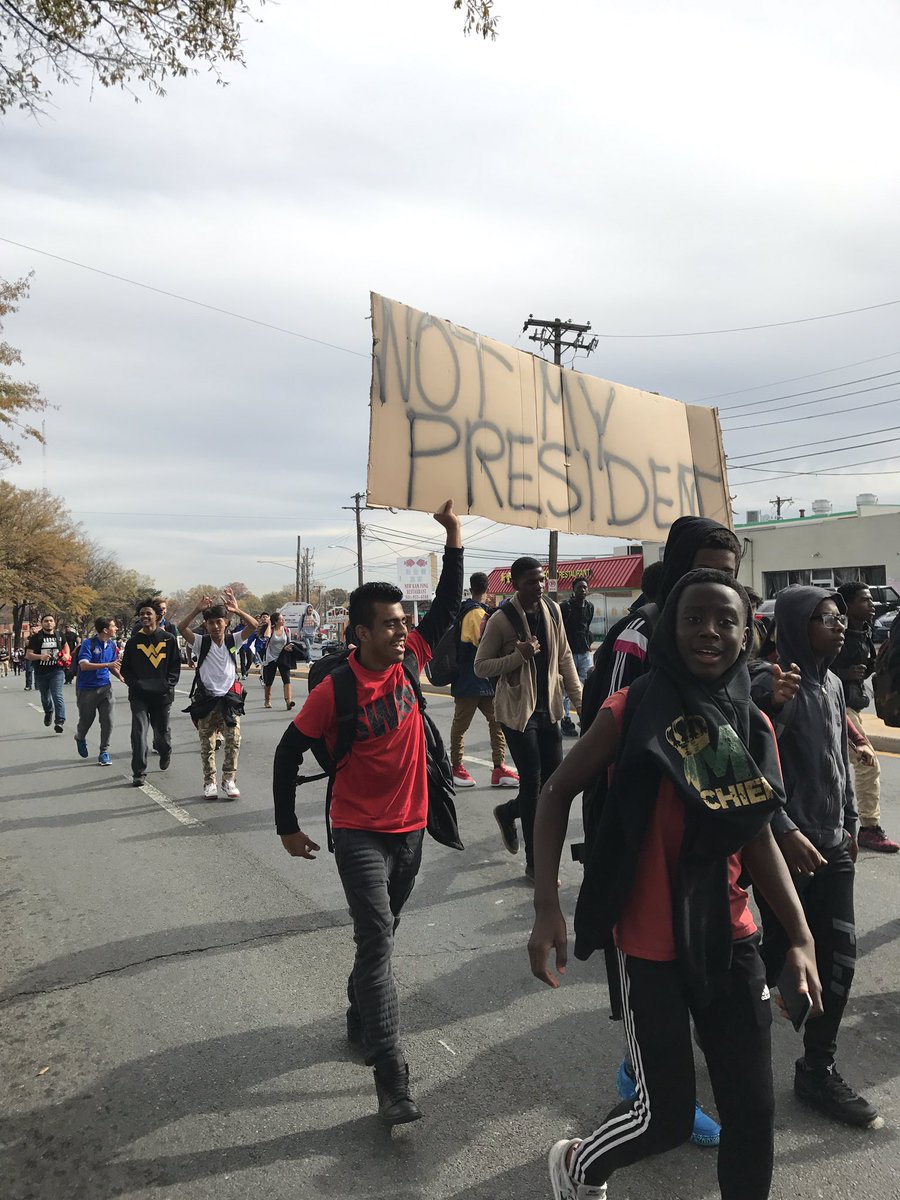There’s a fresh new face among the United States delegates gathered at the General Assembly of the United Nations this week.
Twenty-year-old Brooke Loughrin, a well-traveled Seattle-area native who speaks several languages and attends Boston College in Massachusetts, has become the first youth representative sent by the United States to the United Nations headquarters in New York.
 The U.S. State Department identified Loughrin as the country’s first “youth observer” to the U.N. on Friday. The announcement came about a week later than originally anticipated, because the department was “focused on navigating the diplomatic challenges of the recent events that occurred overseas,” explained Joe Catapano, a spokesperson for the nonprofit United Nations Association for the United States of America, which helped the State Department with the selection process.
The U.S. State Department identified Loughrin as the country’s first “youth observer” to the U.N. on Friday. The announcement came about a week later than originally anticipated, because the department was “focused on navigating the diplomatic challenges of the recent events that occurred overseas,” explained Joe Catapano, a spokesperson for the nonprofit United Nations Association for the United States of America, which helped the State Department with the selection process.
Unlike 40 or so other countries, the United States has never sent a youth delegate to the United Nations. The new youth observer position falls short of a full delegate role but has been described by State Department and UNA-USA spokespersons as a first step toward including young people’s voices within the United States mission to the U.N.
In her new role, Loughrin will attend the General Assembly session in New York and other secondary events by nonprofits this week. For the rest of the year, her responsibilities will include reaching out to young people around the country to discuss problems affecting the world’s youth and to increase their awareness of the role the U.N. plays in finding solutions.
Depending on how the fledgling program goes, the youth observer role could turn into a full-fledged youth delegate program over the next year or two, Mark Schlachter of the State Department’s Bureau of International Organization Affairs told Youth Today.
As it stands now, the unpaid observer role lasts one year and can be filled only by a U.S. citizen between the ages of 18 and 25. The position was first announced on Aug. 23 and allowed a scant two-week window for applications.
Selected from 730 applicants from around the United States and its territories, Loughrin flew to New York Friday evening, and by Saturday, was attending briefings by the State Department and tweeting regularly from her new @usyouthobserver account. Most of her tweets were observations from the Social Good Summit over the weekend. She did not reply to a tweet requesting a Twitter interview with Youth Today.
An honors student and a double major in political science and Islamic civilizations and societies, Loughrin serves as editor-in-chief of Al-Noor, her college’s academic journal on Middle Eastern and Islamic studies. She speaks at least five languages besides English: French, Spanish, Chinese, Turkish and Persian (Farsi) according to her Facebook profile.
She studied in India for a semester in high school, and wrote a blog on her experiences at the time.
“My experience in India shocked, awed, horrified, and moved me (often in the same day),” she wrote in her final blog entry, dated Dec. 31, 2008. “My goal in life is to make it easier to help people help themselves and others.”
Loughrin also traveled to Iran during high school and spent a college summer studying Persian in Tajikistan under a U.S. State Department scholarship. And according to her LinkedIn profile, she tutored male inmates at Suffolk County House of Corrections in Massachusetts last summer.
Bogdan Covaliu, a doctor who served as a youth delegate to the United Nations from Romania in 2008, thinks the American decision to include a youth voice within its U.N. mission sets a positive example for other countries.
Speaking to Youth Today from Romania via Skype, Covaliu had some advice for the new American youth observer. He counseled patience with what he characterized as the U.N.’s rather slow but steady progress on solving issues. And he pointed out that young people in other countries often face human rights abuses and other problems that the United States settled within itself long ago.
“Try to think of the world and the globalization process as a whole, and not specifically just the problems that U.S. youth face at this point,” Covaliu said.
Photo from the United Nations Association of the United State of America.


























